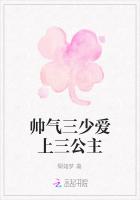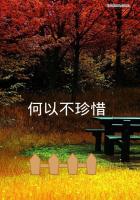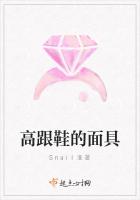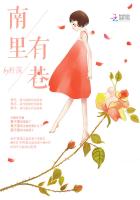Amy Chua has caused controversy on both sides of the Pacific with her claim to represent Chinese mothers. Some argue that her views do not tally with the changing reality of parenting on the Chinese mainland. Is there such a thing as “Chinese parenting?” NewsChina investigates.
By Yu Xiaodong
Amy Chua’s Battle Hymn of the Tiger Mother has gone on sale in China, albeit under a milder title, Being a Mother in America, but has still proven controversial with the very group of people Chua claims to represent – Chinese parents.
In promoting the book, Chua’s Chinese publisher plays down her claim of the “superiority” of Chinese parenting, the main focus of criticism in the US, but highlights Chua’s background as the child of immigrants and Harvard law professor.
“I think many American readers have misinterpreted the book, which does not preach ‘correct’ parenting. It just shares the author’s personal experiences of being a parent, both positive and negative,” said Wang Feifei, editor of the Chinese edition.
This sales strategy is a simple one. Most Chinese mothers are currently unaware of Chua’s controversial claims about Chinese parenting. The response from the few Chinese mothers who have read news reports and online articles about Chua’s assertions has been overwhelmingly critical. There is growing consensus in China that the “traditional” parenting and education system Chua espouses is obsolete, impractical and in need of urgent liberalization.
Demon Mothers?
Much criticism of Amy Chua has focused on her self-styled representation of Chinese mothers despite being born in the Illinois and having never lived in China. Many argue that this disqualifies her from making any as-sessment of “Chinese” parenting.
“The label of ‘Chinese mother’ is being distorted to fit prejudices against anything Chinese – ‘Of course, Chinese families are ruled with tyranny,’” wrote Yu Deqing, a senior commentator on tencent.com.
“Of the Chinese mothers I know personally, none of them treat their children like her,” commented publisher Hong Huang on her blog. “It is a little narcissistic for Professor Chua to take such pride in her methods.” Based in New York and mother to a 5-year-old, Hong maintains one of China’s most widely-read blogs.
Chinese parents have commented that Chua’s self-proclaimed “Chinese parenting style” contrasts sharply with an ongoing movement within China to reform both parenting and education system, gearing it towards a more rounded and liberal Western model.
“The irony is that as young mothers in Beijing and Shanghai are increasingly adopting a more liberal approach to parenting,” Hong continued. “Chua, on the other hand, living in Connecticut, still indulges herself in China’s dark past.”
History and Reality
This “dark past” is, in reality, not as distant as it sounds. Most Chinese are familiar with the parenting practices Chua describes in her book. Chua has drawn online criticism from young Chinese not for being a fraud, but for advocating the kind of authoritarian parenting they feel victimized by.
The Chinese propensity to focus on academic performance and bow to parental authority has deep historical roots.
Under the Confucian social model, ancestor worship and the primary social role of filial piety gave families a rigid hierarchy much like that enforced in aristocratic homes in the West. Intellectuals and mandarins held ultimate power, ruling absolutely over the lower classes of merchants, manual laborers and peasants. In a rigid hierarchical society, the only escape from the bottom of the heap was to excel in the imperial examinations, perhaps the only channel for social mobility.
It can be argued that this mentality, which demands unquestioning obedience to one’s elders, still persists in contemporary China. But to some extent, modern Chinese mothers are strict less out of tradition than out of social necessity. Up until the mid-1990s, a university degree meant guaranteed employment and a ticket to join China’s elite. In rural areas, enrollment in college was often celebrated by the whole village. Thanks to its massive population and relative poverty, opportunities and resources in China are scarce and competition fierce.
Well-known sayings such as “Don’t let your children start off on the wrong foot,” instruct Chinese parents to prepare their children early for the cruel world they may have to face later. Chinese parents, themselves the product of this pessimistic parental worldview, do not embrace this style of parenting with pride and pleasure, but rather with anxiety and even guilt.
“I feel sorry every time I saw my child stays up late to do their homework or shoulder a heavy schoolbag.” Li Shuxia, a mother from Shandong told NewsChina. “But I cannot just let him out to play, as all the other kids are studying very hard.” she added.
This latent guilt is possibly why Chua’s mother and her other Chinese relatives advised her against writing the book. They didn’t see authoritarian parenting as something one should boast about.
However, in the last decades, as China has developed, its society has become increasingly liberalized and diverse. In the meantime, the rigidity of China’s system, now strained to breaking point by an unprecedented number of college graduates, has long been attacked for its contempt for creativity and diversity. As college enrollment increased to 6.6 million in 2010, unemployment among college graduates increased to 13.4 percent in 2009, diluting the esteem previously afforded educated people.















